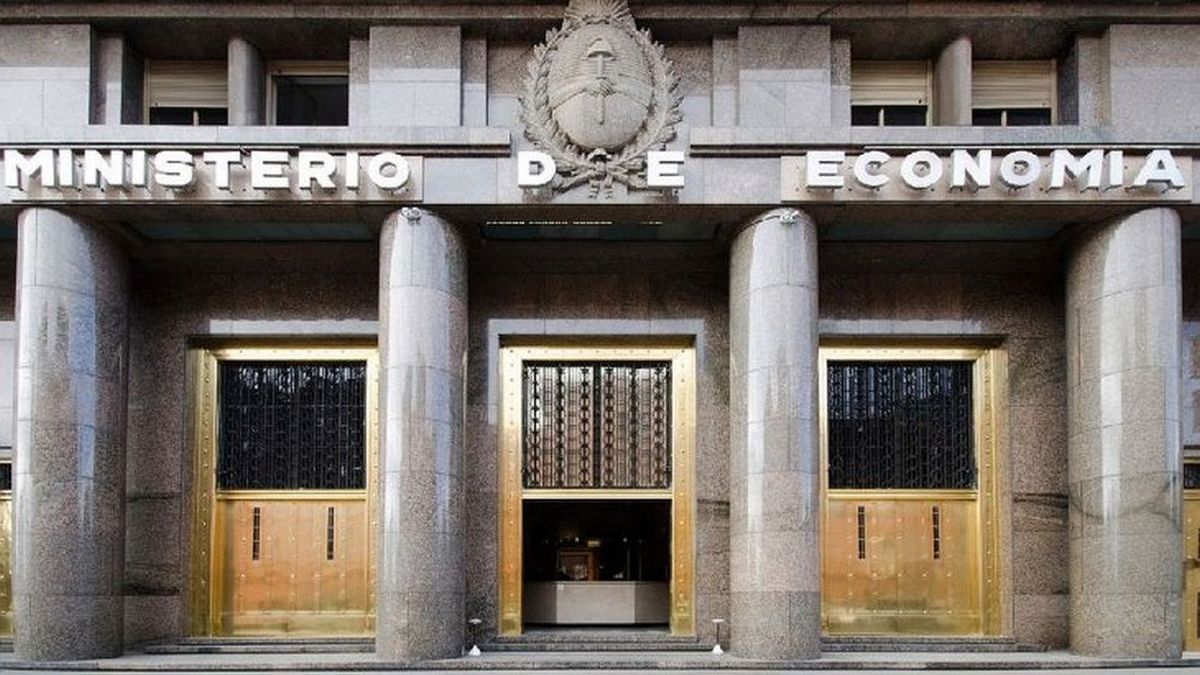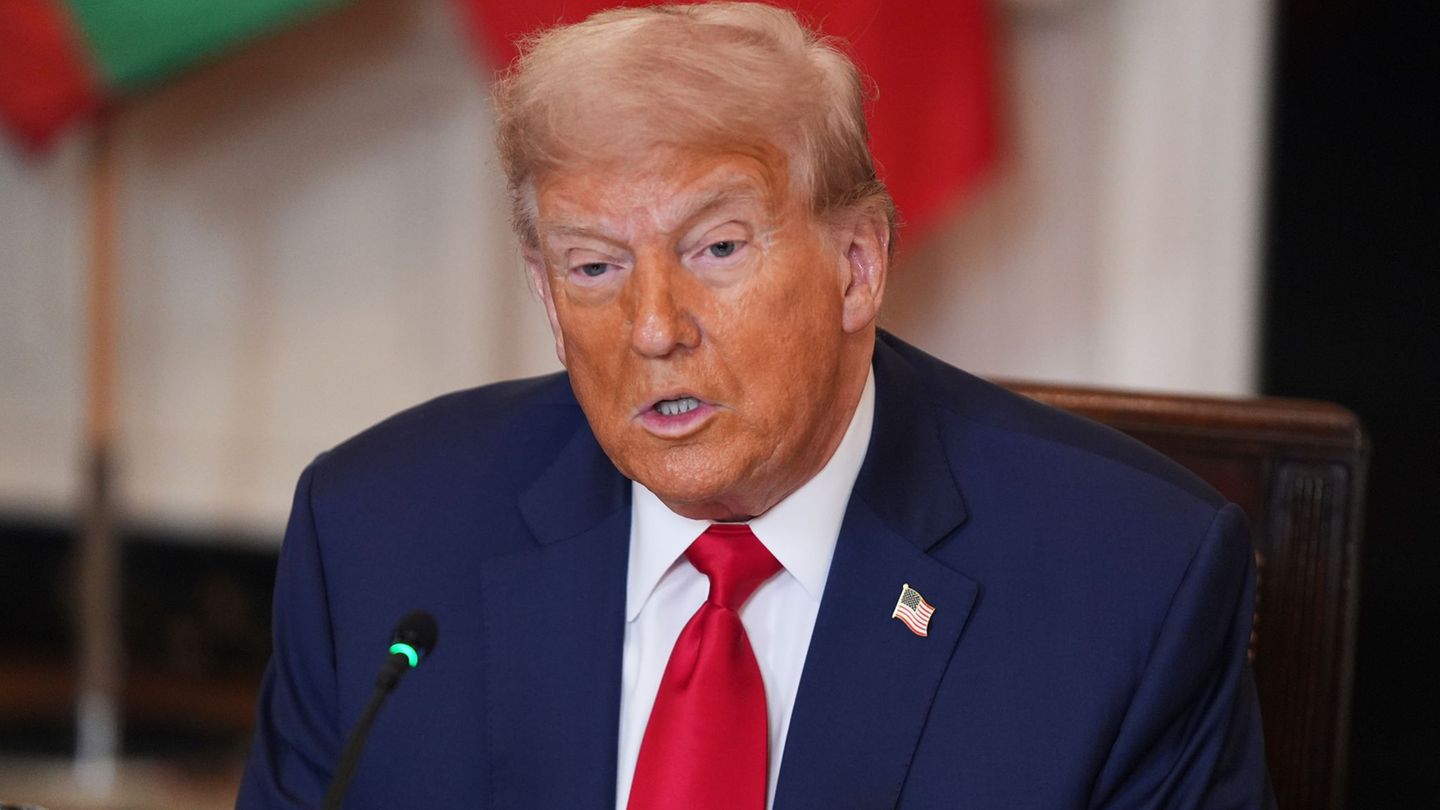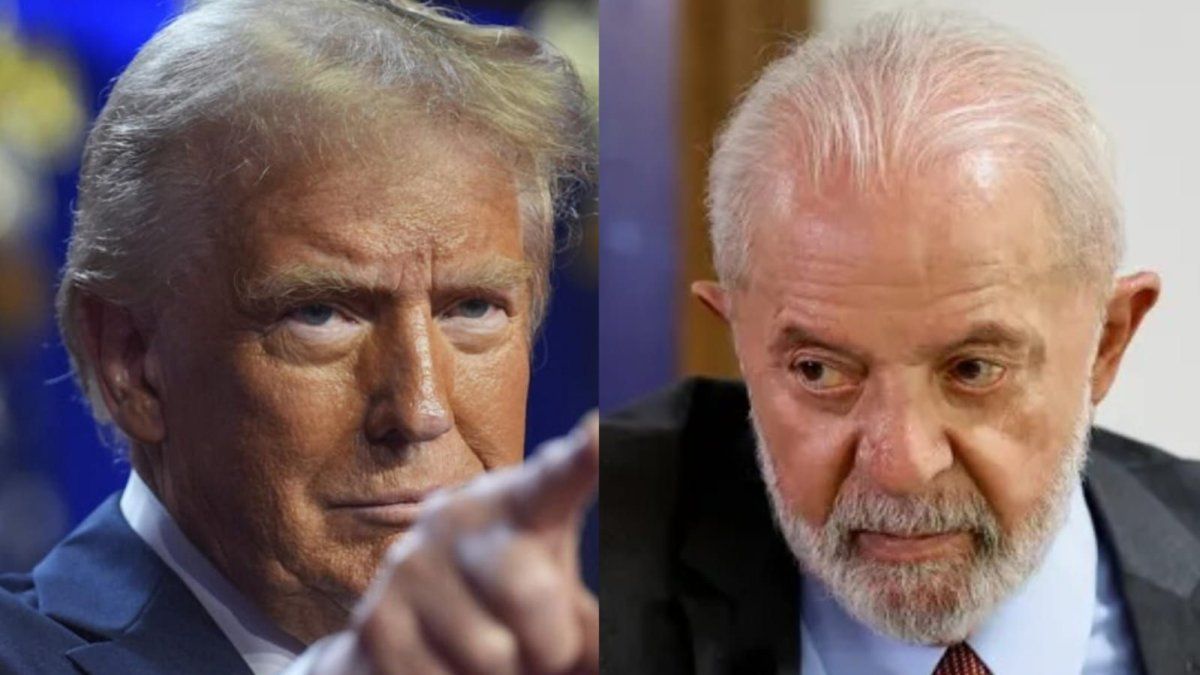Public transport
Does the Germany ticket also wobble after the traffic lights go out?
Copy the current link
The break in the traffic light coalition could jeopardize the continuation of ongoing projects. Some transport ministers fear that this could also affect many bus and train commuters.
The traffic light off also endangers the plans for further financing of the Deutschlandticket. In order to secure the offer for rail transport, Baden-Württemberg and Lower Saxony are pushing for a planned change in the law through the existing Bundestag, despite the break in the traffic light coalition. With the ticket you can use local public transport throughout Germany – regardless of the federal state, transport association or tariff area. The ticket is valid for bus and train. The only exceptions are long-distance trains such as ICEs, ICs and TGVs.
The North Rhine-Westphalia Ministry of Transport, which chairs the Conference of Transport Ministers, assured that the end of the government coalition and the budget for the coming year that has not been passed will have no immediate consequences for the Deutschlandticket. However, the Baden-Württemberg department head Winfried Hermann (Greens) warned that unused funds must urgently be carried over to next year – otherwise the ticket might become more expensive. “The passengers would be left behind.”
Transport Minister Olaf Lies (SPD) from Lower Saxony said: “I warn that the D-Ticket will fall victim to this uncertain transition period in the federal government.” There will be decisions in the next few weeks that should not be postponed – this is an example of that.
The chairwoman of the German Social Association, Michaela Engelmeier, also warned: “The Deutschlandticket must not be allowed to go under the radar.” For many people it has already lost its appeal with the last price increase. “It is all the more urgent to keep the price stable and to introduce a social ticket that really enables affordable mobility for everyone.” The current uncertainty shows how quickly social projects in particular can falter. “Politicians have to put a stop to this.”
Otherwise does the price have to rise?
Specifically, it is about changing the regionalization law, which the Bundestag has not yet passed. The law regulates whether and how funds not used can also be used in subsequent years.
With this in mind, the Federal Ministry of Transport emphasized the broad consensus that the ticket was “a great project” that should be continued. “Against this background, we appeal to all actors involved to come to an agreement on open financial issues,” said a spokesman. The general agreement remains valid, according to which the federal and state governments each contribute 1.5 billion euros per year until 2025.
The Conference of Transport Ministers decided in September that the Germany ticket, which currently costs 49 euros, should cost 58 euros per month from 2025. For how long is an open question. In Baden-Württemberg, hundreds of thousands of people use the Deutschlandticket on local and regional transport. According to the Ministry of Transport, the number of users was more than 1.5 million people last March; there is no more recent information. But the number is likely to be even higher: subscribers who buy the ticket directly from Deutsche Bahn, for example, are not included in the Ministry of Transport’s survey.
Hermann: “Passengers expect reliability”
“After months of back and forth, passengers expect the political decisions to be reliable,” Hermann told the German Press Agency. “It would be fatal if the price had to be increased again in order to save the ticket, just because pending laws in the general dispute were no longer being implemented.” The NRW Ministry said: “In case of doubt, a new federal government would have to introduce a law with the same objective.” This also applies to the prospect of the Deutschlandticket from 2026. “A new federal government would have to secure half of the financing by law in the long term.”
The parliamentary managing director of the Union faction, Thorsten Frei, rejects support for red-green legislative initiatives such as the Germany Ticket. “I can’t imagine that. I think we have to focus on investing in infrastructure,” said the CDU politician to the news magazine Politico.
Transport Minister Hermann sees Volker Wissing, who is now a non-party, as Federal Transport Minister, as an opportunity to implement transport issues that absolutely need to be regulated at the federal level before new elections. He pays tribute to Wissing for his willingness to fight for solutions to the pressing problems of transport policy, even during the transition, despite the government crisis. “It takes courage to decide so clearly for the cause and against your own party. That deserves recognition,” said Hermann.
dpa
Source: Stern




